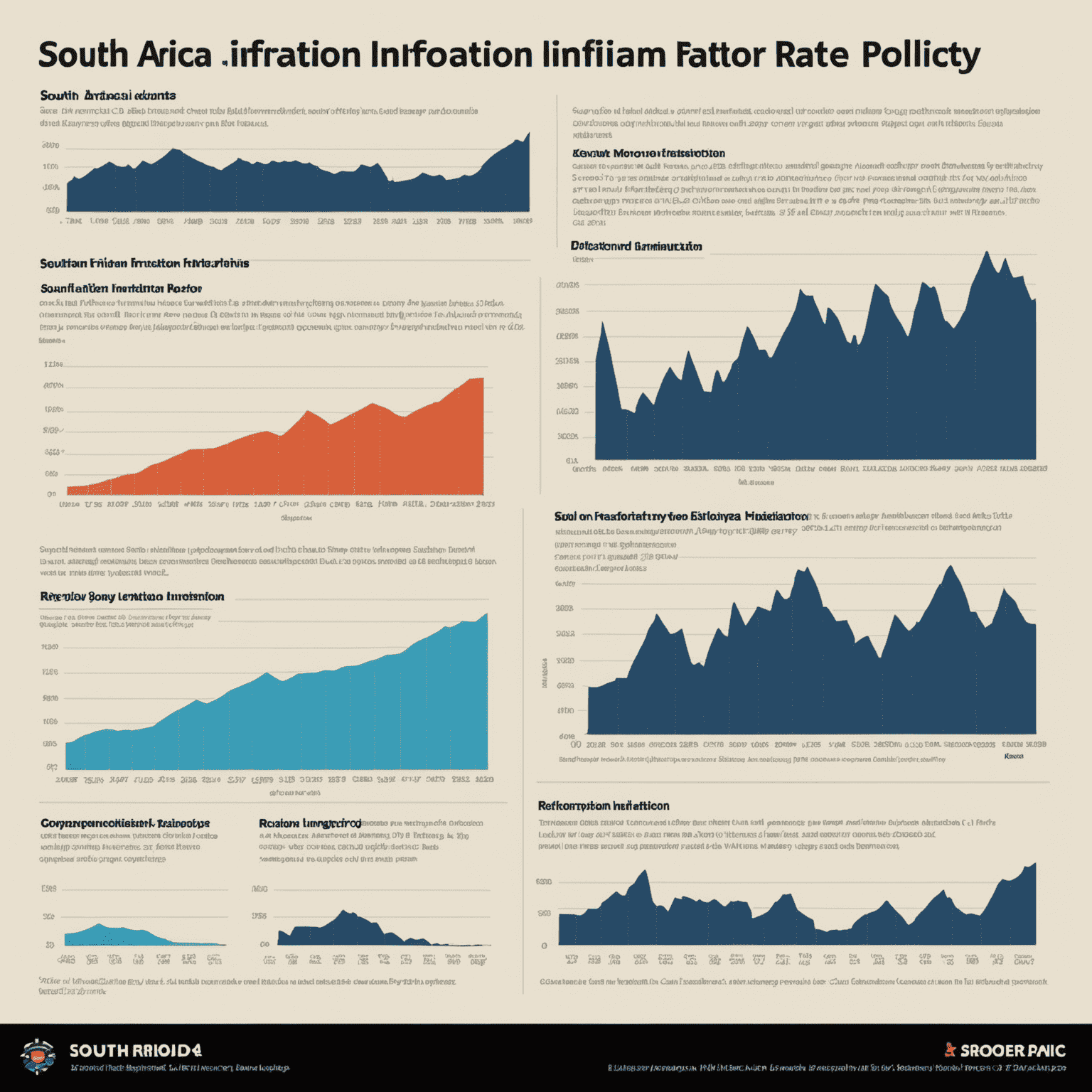Economic Trends in South Africa: Navigating Challenges and Opportunities

As South Africa continues to navigate through complex economic waters, businesses and industries are facing both challenges and opportunities. This analysis delves into the current economic trends shaping the nation's business landscape, offering valuable insights for strategic decision-making.
1. GDP Growth and Recovery
South Africa's GDP growth has been sluggish in recent years, but there are signs of recovery. The country's diverse economic sectors, including mining, manufacturing, and services, are showing varied performance levels. Project managers in these industries must adapt their strategies to align with sector-specific trends.
2. Employment Landscape
Unemployment remains a significant challenge, with rates hovering around 30%. However, certain sectors are experiencing growth and increased demand for skilled workers. Employee motivation has become crucial for companies looking to retain talent and boost productivity in this competitive environment.
3. Inflation and Monetary Policy
The South African Reserve Bank has been implementing measures to control inflation, which impacts both businesses and consumers. Understanding these monetary policies is essential for project managers when planning long-term investments and budgeting.

4. Digital Transformation
The rapid adoption of digital technologies is reshaping industries across South Africa. From e-commerce to fintech, businesses are leveraging technology to improve efficiency and reach new markets. This digital shift presents opportunities for innovation but also requires a focus on employee motivation and upskilling.
5. Energy Sector Challenges
Ongoing electricity supply issues continue to impact business operations. However, this has also spurred growth in renewable energy solutions. Project managers in the energy sector are at the forefront of implementing sustainable alternatives and managing the transition to greener technologies.
6. Trade and Global Relations
South Africa's position in global trade is evolving, with new partnerships and agreements shaping import/export dynamics. Businesses engaged in international trade must stay informed about these developments to capitalize on emerging opportunities.
Conclusion
As South Africa's economy continues to evolve, businesses must remain agile and informed. Project managers play a crucial role in navigating these trends, balancing employee motivation with strategic decision-making. By understanding and adapting to these economic currents, South African businesses can position themselves for growth and success in the coming years.